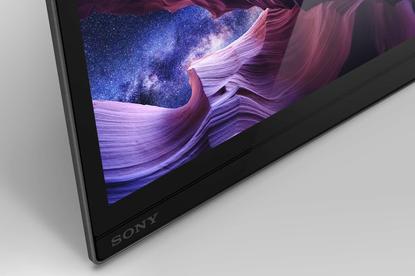2020 is the year OLED will begin to get smaller
- 09 January, 2020 05:11

OLED TVs have been been big and expensive from the moment they were first introduced to the Australian market.
CES 2020 continued that trend with TV manufacturers showing off plenty of big, thin and bendy screens. However, this year's Vegas showcase also brought with it some smaller OLED options. This year, both Sony and LG are set to launch smaller 48-inch OLED TVs.
An accompaniment to the usual 55-inch, 65-inch and 77-inch sizings, LG are also going to be offering Australian consumers their CX OLED in a 48-inch form-factor that they claim offers the same level of pixel density that you’d find in a 96-inch 8K TV.
Sony are also launching a 48-inch version of its A9 OLED. Unfortunately, whether that model will actually make it to Australian retailers remains to be seen. At the time of writing, it's not listed as a confirmed part of Sony Australia's 2020 AV lineup.
Still, OLED TVs have previously only been available in larger sizes with the smallest option usually being 55-inches - which is still quite large if you live in an urban-based apartment or complex. OLED has been getting cheaper and more widely available every year. However, despite this trend towards affordability, the term OLED is still been synonymous with the premium market and with big screens.
This year's CES gave us a tease of the world where that's no longer the case. Even if the tech eclipsed the capabilities of classic LCD-LED TVs years ago, OLED has a long way to go when it comes to achieving the same sort of ubiquity. In 2020, we're going to get a little bit closer to the world where you can walk into a K-Mart and buy cheaper, smaller OLED TVs in the same way you can with LCD-LED TVs today.
If you're the kind of person who can't necessary afford to drop a couple of grand on the latest and greatest OLED tech or someone who can't fit a 65-inch display panel inside their living room - that's definitely something to be excited about.
Disclosure - our coverage of CES 2020 was sponsored by Intel and Dell, who covered the cost of our flights to the US and our accommodation for the duration of our stay in Las Vegas.





